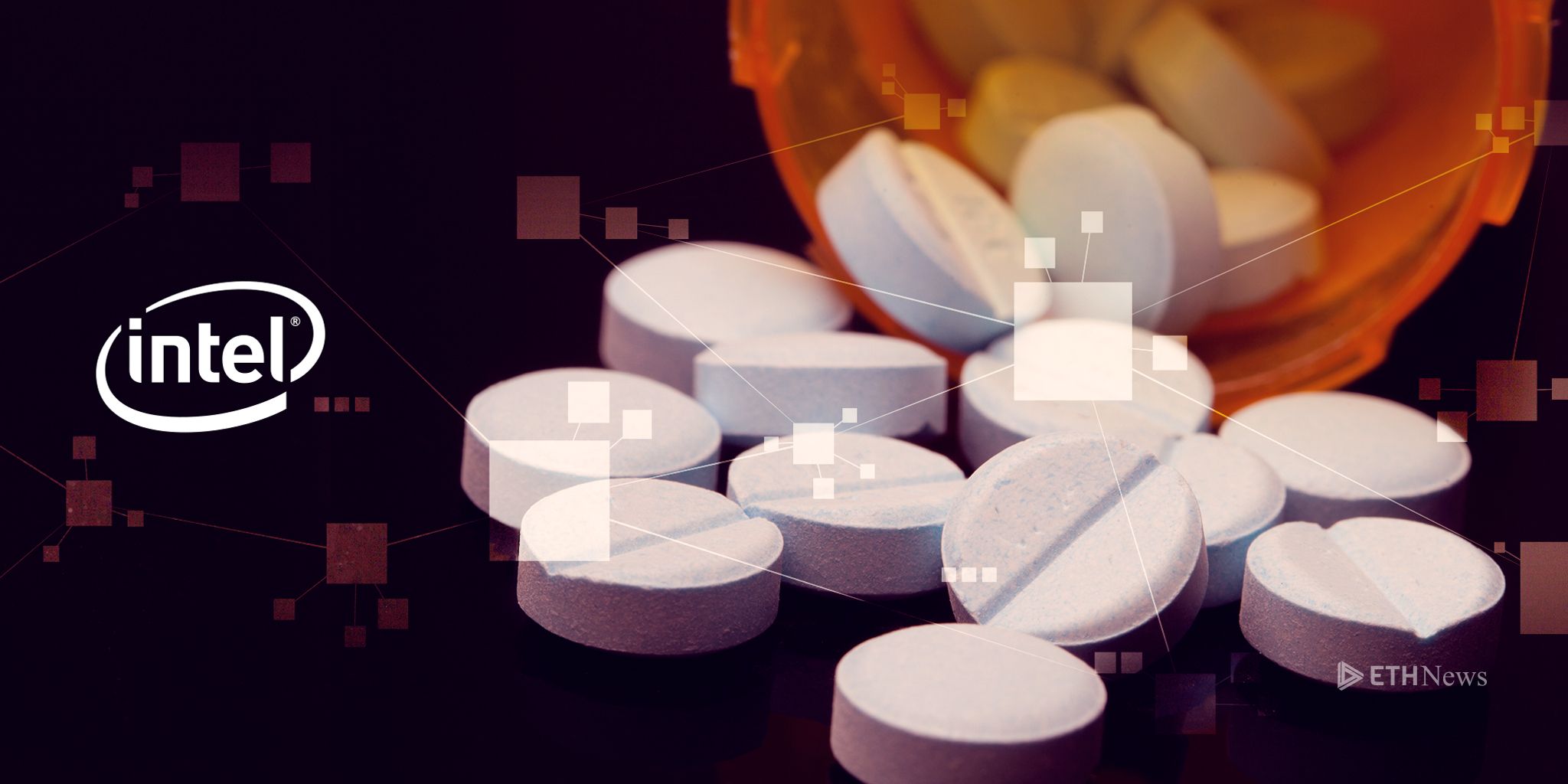Recently, you can often see such headlines: "Americans did not get 45 kg of fentanyl, which could save 20 million people," "Every 10 seconds due to an overdose one person dies", "An average of 115 Americans die every day from an overdose ".
Opioid epidemic is closely related to the sharp increase in the preparation of painkillers according to prescriptions. In the US alone, in the period from 1991 to 2011, the number of prescriptions prescribed for opiates increased threefold. One study showed that every year more than 100 million tablets, written only when the teeth are removed, may not be used correctly and not taken into account.
The mechanism is often this: the patient comes to the doctor with a headache and receives a prescription for painkillers containing narcotic substances. At the end of the course, there is withdrawal syndrome and the need to come back for a new prescription or go out for a cheap analogue of the drug.
Opioids include illicit narcotic heroin, painkillers, including Vicodin, OxyContin, and "street" versions that mimic their effects, such as fentanyl. Some blame crypto-currencies for aggravating the opioid crisis, as they allow anonymous purchase and sale of drugs in a matter of minutes.
According to Bloomberg, at present Intel and many representatives of the pharmaceutical industry are planning to quit their efforts to combat this problem. The manufacturer of microchips together with medical companies strives to introduce blockchain technology for better tracking of similar medicines and potentially stop the epidemic.
technology for better tracking of similar medicines and potentially stop the epidemic.
According to the idea, the detachment will allow to determine, where exactly in the supply chain "drugs" are lost. It will also be possible to note the so-called "double treatment", when a patient suffering from addiction receives prescriptions from several doctors.
David Houlding, Director of Health Security and Privacy at Intel Health and Life Sciences, says:
This will significantly reduce the epidemic of dependence on opioids. I would not say that this will fix the problem, but it will definitely help.
Johnson & Johnson, McKesson and others are testing this approach this spring. They introduce the simulated databases into new digital registers. The experiment will show how easy it is to track tablets on their way from the manufacturer to the end user (patient). If the pilot project is successful, the system can be implemented in a limited way by the end of this year.
According to Intel Houlding, the ultimate goal of the project is to ensure that all pharmaceutical companies and their suppliers around the world are connected to a single block network. Then, government agencies will also be able to connect to the chain and provide oversight.
Until now, the work on tracking recipes was mainly limited to programs for monitoring narcotic drugs at the state level and the maintenance of government databases. But one of the most common problems is that patients can receive new recipes, crossing the borders between countries or different jurisdictions within the state.
Appriss is working to solve this problem, developing software that sifts prescription records across 45 US states to identify those who abuse opioids. Nevertheless, such systems can not be called completely reliable: doctors can not check the patient's history before the appointment, besides the records in the database can be changed, unlike the block-network, arbitrary changes in which are practically impossible.
The senior analyst at Digital Asset Research, Lucas Nuzzi, notes:
The industry can certainly benefit from the use of an unchangeable database.
The implementation of such a technology may include the use of sensors and scanners to ensure the accuracy of information input. After the pharmacy issues a drug and scans it, the record immediately gets into the blockade. Thus, each bubble and even a tablet can be traced all the way from the manufacturer to the specific consumer.
The Federal Office for Supervision of Food and Drug Administration (FDA) has already become interested in this idea, despite the fact that the project is at an early stage. A spokeswoman for the agency says:
This technology can also be used to exchange medical records.
Intel is struggling with the opioid crisis in a broader context. The corporation's goal is to help the pharmaceutical industry comply with the drug chain security law, which requires companies to properly monitor the movement of medicines.
The key to the success of the project will be the introduction of technology by as many companies as possible. The correctness of entering data on narcotic drugs will also play a significant role, which can become a problem. Since many opioids come from China illegally, they can still go to the counters.